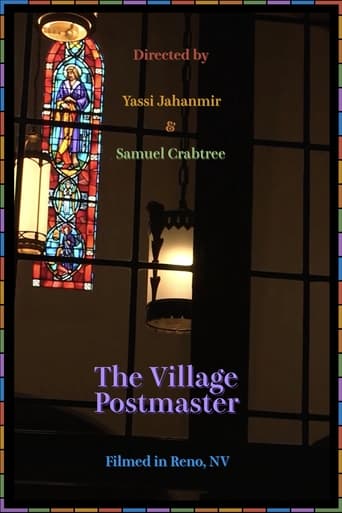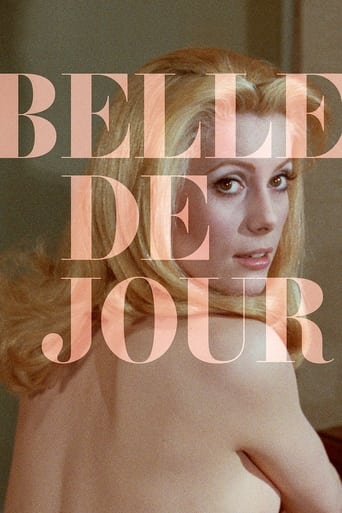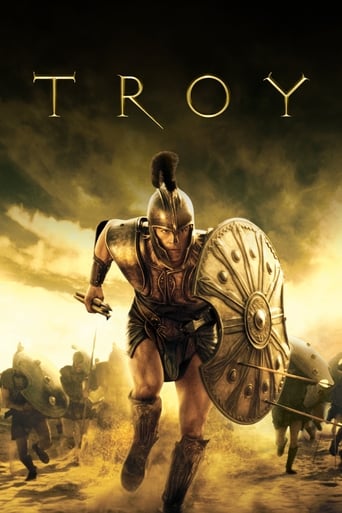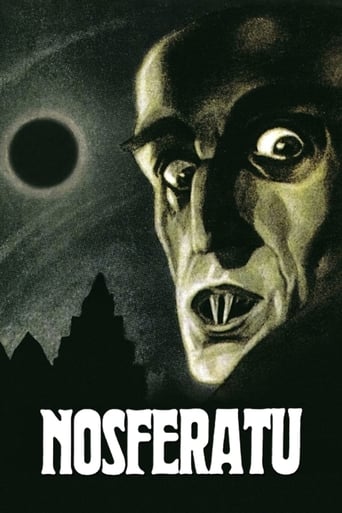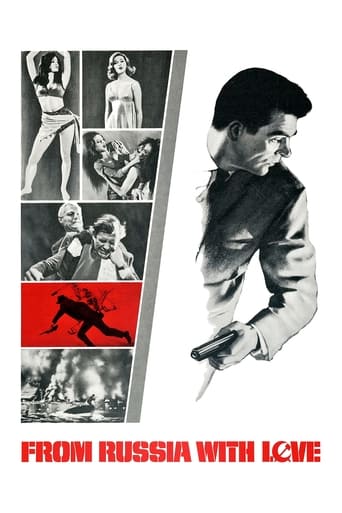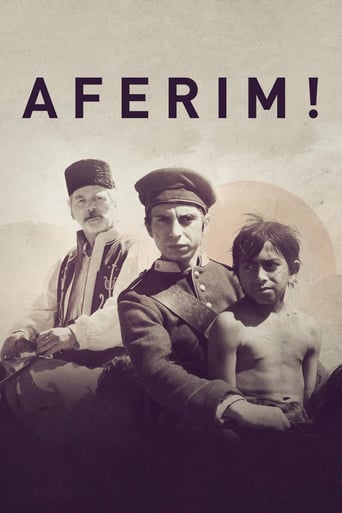
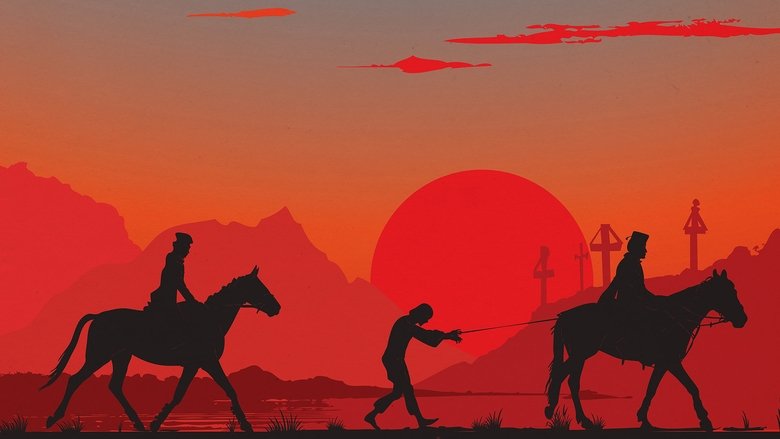
Aferim! (2015)
Set in early 19th century Wallachia, Romania, a policeman, Costandin, is hired by a nobleman to find a Gypsy slave who has run away from his estate after having an affair with his wife.
Watch Trailer
Cast
Similar titles
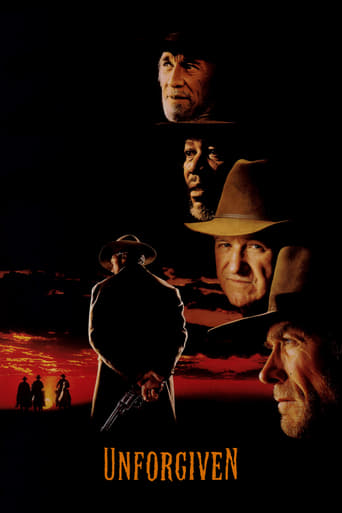
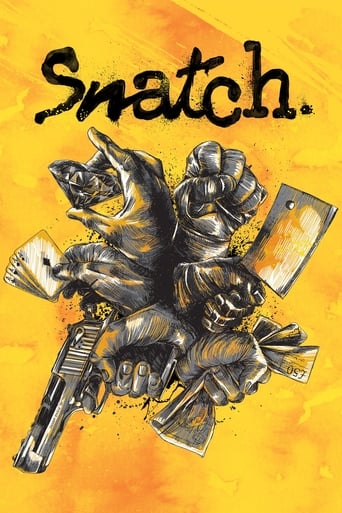

Reviews
A film with more than the usual spoiler issues. Talking about it in any detail feels akin to handing you a gift-wrapped present and saying, "I hope you like it -- It's a thriller about a diabolical secret experiment."
Excellent characters with emotional depth. My wife, daughter and granddaughter all enjoyed it...and me, too! Very good movie! You won't be disappointed.
Like the great film, it's made with a great deal of visible affection both in front of and behind the camera.
The movie is made so realistic it has a lot of that WoW feeling at the right moments and never tooo over the top. the suspense is done so well and the emotion is felt. Very well put together with the music and all.
Aferim! (2016) is sharply funny and uniquely crafted. Usually in a historical movie such as this one you would see a celebration of a certain culture. However, that is totally not the case here. Rather than being traditionally celebratory, the story presented shows how immoral the world used to be. I really loved how telling the story was, while at the same time being incredibly humorous. I also loved how confined yet vast the entire world felt. There were still several moments where I was absolutely bored. I can't say that I was entirely invested throughout the entire duration of the film. Yet there were still scenes which made this movie completely entertaining to watch. Going back to the story: I found that to be the overall best part of the film. Something about it felt completely distinctive and uncommon. The languages used are probably a key factor in helping to create that feeling. 'Aferim!' is charming as a whole, but boring in parts.
Aferim! (2015) is a Romanian movie written and directed by Radu Jude.Aferim! is a truly unique film. According to the introduction (by Yuriy Reznik), the Roma (called Crows by the Romanians) were slaves in Romania for centuries. (Slavery of the Roma was not outlawed until 1856.) This historical fact has been forgotten, presumably because it was actively suppressed. In fact, Aferim! is the first and only modern movie to show us Roma slavery. The movie is extraordinarily complex, but the plot is basic. A Roma slave named named Carfin Pandolean (Toma Cuzin) has escaped. Constable Costandin (played by Teodor Corban) has been sent to find the slave and bring him back to the local nobleman. The constable takes his son, Ionita (Mihai Comanoiu) along with him as his assistant.What follows is a film of immense beauty (at times), with moments of fascinating folkloric tradition, and moments of extraordinary brutality.In their odyssey, father and son meet many strange characters. I have no way of knowing whether director Jude is accurately showing us what Romania was like in 1835. However, the movie has the feel of reality about it.Constable Costandin is basically a decent human being. However, he has a job to do, and he's going to do it. He knows that, in this case, the job is an extremely dirty one. He worries about it, but he does it anyway.Constandin is not an educated man, but he has an endless fund of folk wisdom, which he dispenses whenever it's needed. At one point he says something like, "We have the life we have, not the life we might want." That's true of almost everyone in the movie.The wild scenery of Romania is strikingly photographed at first. Each frame looks as if it could be made into a still photograph that would compare with a photograph by Ansel Adams. It might have been my imagination, but it seemed to me that the cinematography got rougher and harsher as the movie progressed.We saw this film as part of the Rochester Premieres series at the excellent Dryden Theatre at the George Eastman Museum in Rochester, NY. It won't work as well on the small screen, but if that's your only option, take it. This is a must-see film for anyone interested in modern European cinema. Warning: the action is set in Romania in the 1830's. It's a harsh, violent society. Be prepared for some horrible events.
If we had to give into the tradition of selecting the best movie of the year, I would undoubtedly select "Aferim!" for 2015. What strikes first is the quality of the image, an elaborate black and white with subtle tones of grey, very sharp texture and dramatic grades of shadow and light. This creates an aesthetical contrast with the grim atmosphere and living conditions depicted.It is the story of a manhunt in 19th century Romania, where a policeman (actually a mercenary hired by the boyar, a local noble) and his son chase a Gypsy to bring him back to the boyar. (Note: I will use the term "Gypsy" and not "Roma" to avoid confusion.)*** WARNING: CONTAINS SPOILERS ***One of the strengths of the movie is its successful combination of genres and styles.HISTORICAL. "Aferim!" very realistically depicts the life of the region at that time and notably Gypsy slavery which lasted until mid-19th century (a very rare topic in cinema). There is a strong historical research behind the movie. The structure of society is extremely pyramidal, with the boyar at the top, then his henchmen, then poor peasants, and at the bottom Gipsies. Women always are a level lower than men (wife, daughter, prostitute). There is no law: the boyar is the law, he decides what happens on his territory and hires mercenaries to have it mercilessly applied. We understand this happens on all territories. It is a reign of terror: if the policeman fails he will be severely punished. This is why we cannot fully blame the latter for what he is doing: he is brutal, but he is constrained by a system and his ignorance. Ironically, the title "Aferim" (highlighted by an exclamation mark) means "Bravo" in Ottoman Turkish, but we wonder what one could say bravo about in that society (characters use this word in the movie, since the region was for a long time part of the Ottoman empire). Important side note: it is not a movie bashing Romanian history since it has universal reach; the same barbarity happened elsewhere at different periods, including today.MORAL. The movie addresses many topics, the main ones being oppression and intolerance. There is widespread racism (against Gipsies mostly), anti-Semitism and xenophobia notably against Turks. Interestingly, this hatred is most virulently expressed by a priest (pope in Orthodox religion), in contradiction with the tolerant message of Christ: it shows how widespread these feelings were at the time. The policeman is also strongly prejudiced against these communities, and throws in some misogyny and homophobia for good measure; nevertheless he is persuaded to be on the right side of the law and ethics. Ironically, the Gypsy he is chasing, who for him represents evil, turns out to be friendly, more instructed and moral than he is. Another important topic is justice: at the beginning of the story we think the Gypsy did something terrible to justify such a chase, but it is only adultery; at the end, the punishment is completely disproportionate. We also witness poverty, corruption (the policeman searches for bribes and bribes a colleague), superstition mixed with religious beliefs, education, sexuality, etc. As the director highlighted, many of these themes refer to the present world.WESTERN. The director admits being inspired by old Westerns which partly explains the choice of black and white film: a policeman on a horse, a manhunt, suspense, the theme of good vs evil which actually turns out to be complex, different encounters on the road. It also is an initiation story, as some Westerns are: the son is being trained by his father to become a man, according to his beliefs.PICARESQUE. The movie resurrects the tradition of picaresque novels: main character as anti-hero, succession of small and big adventures, meeting of varied and strong characters, realism, satire, pessimism, pseudo-philosophical speeches, etc. However, it goes further down the road of crudity and cruelty.FANTASY. The movie sometimes drifts to unreal scenes, for instance when the policeman and his son in a dark forest are almost run over by a mysterious carriage going full speed. Or when they discover bodies following a massacre they don't understand. Encounters feel at the same time real and dreamlike: a lonely priest, an illegal fisherman, a wealthy traveller, etc. This reinforces the absurdity and arbitrariness of the world depicted. One of the most successful scenes is the frenetic party at the inn, where alcohol brings all men and women together. In this noisy climax the characters show a more human side, although a simple, vulgar one. We feel people could be happy if oppression were not dominant. But the following morning life goes on as before.In summary, "Aferim!" is compelling, ironical, sometimes humorous and mostly harsh (be warned: the end is extremely violent). The movie efficiently mixes tones: we are sometimes amused, sometimes appalled by characters and situations. Photography and acting are especially impressive. Pace is fully mastered: not too slow to be intriguing, not too fast to be realistic and provide breathing space. Aferim to all the artists who gave us this grand film.
Indeed, you have to know the 19th century background of Romania, however it portraits it in a very good manner: the atmosphere of the epoch and the subject is dealt with in depth! It seems that we already saw this movie (or its subject)with other slaves (mostly black people in other countries endorsing slavery)however this one is a special case.All actors are excellent and the black and white colors intensify the dramatic aspects (wonderful forest takes!). I am lucky to know modern Romanian, because the dialog is very important, revealing the behavior, tradition and prejudices of the time (that in some areas of the country are still there...)far away from so called "politically correctness" endorsed in the western culture!(watch the priest opinion about different nations, especially the Jews!). In relation to dialogue, the last sentences of the father to his shocked son are an excellent example of how most of the people behave in face of horrors and injustice!



